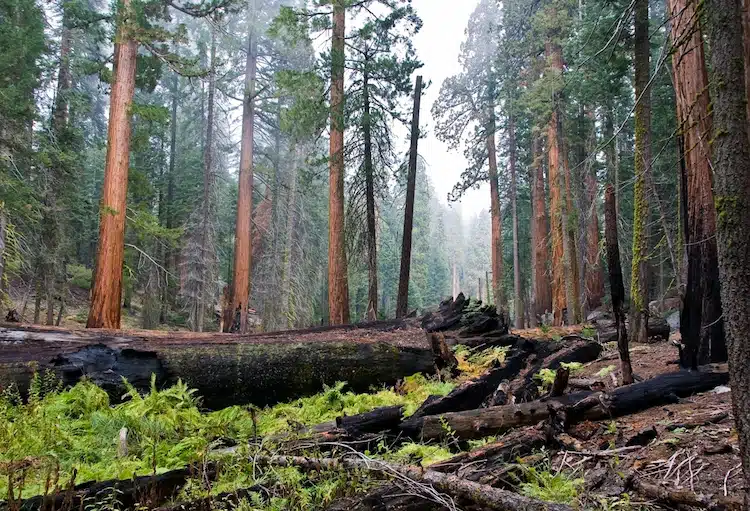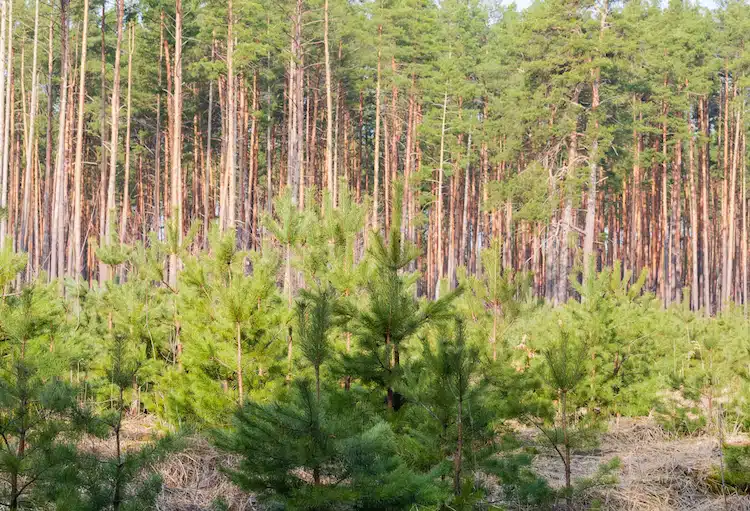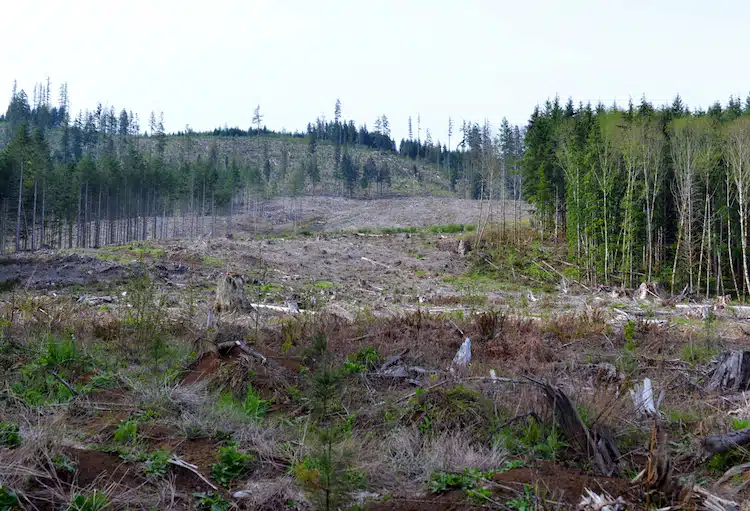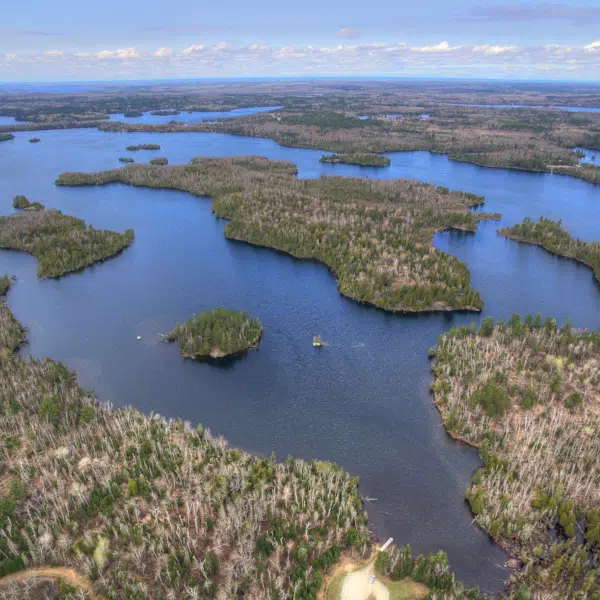
Photo: DesignPicsInc/Depositphotos
Wildfires and global warming—two interconnected events—are creating an urgent need for forest restoration, and the risk of losing our greenery forever is increasing.
The urgency to address this critical issue is clear, as U.S. national forests play an undeniably important role in carbon storage. U.S. forest ecosystems alone store 25% of emitted carbon and absorb about 15% of its annual carbon dioxide emissions from fossil fuels.
Nearly 50 years ago, in 1980, Congress created the Restoration Fund to help replant trees after natural disasters like wildfires. However, its annual cap of $30 million per year is now falling short in the face of growing restoration demands. This financial limit has contributed to a backlog of roughly 4 million acres requiring restoration.
The Repairing Existing Public Land by Adding Necessary Trees (REPLANT) Act, passed in 2021, aims to address both the backlog and the pressing need for restoration. Developed by Senators Debbie Stabenow and Rob Portman, along with U.S. Representatives Mike Simpson and Jimmy Panetta, this bipartisan legislation removes previous funding limits and allocates all wood product tariffs into the Restoration Trust Fund. By leveraging funds that have already been collected, the bill not only more than quadruples funding but also does so without raising tariffs or using taxpayer money.
This bill provides the U.S. Forest Service—the government agency in charge of managing and protecting national forests and grasslands—with the funding necessary to plant 1.2 billion trees over the next 10 years. The act seeks to tackle the increasing amount of forestland in need of reforestation, particularly in areas affected by natural disasters that are unlikely to regrow on their own.
The REPLANT Act provides more than just financial support for restoration; it also offers additional benefits, including the restoration of wildlife habitats in national forests and the protection of water sources that supply drinking water for 55% of the U.S. population.
According to a report by American Forests, the non-profit organization collaborating with the U.S. Forest Service on this legislation, the REPLANT Act is expected to create and sustain nearly 49,000 green jobs over the next decade, especially benefiting rural communities severely impacted by the COVID-19 pandemic.
Since its implementation, the act has already seen great success. In its first two years, the U.S. Forest Service was able to replenish over 350,000 acres of forest, reducing the agency's backlog by 10%. By the end of this year, its third year, this reduction is expected to reach 15%, a milestone achievable by continuing to enhance essential resources such as tree seeds, seedlings, and workforce capacity.
If successful, the initiative could sequester nearly 758 million metric tons of carbon dioxide equivalent over the lifetimes of the newly planted trees—an amount comparable to the emissions produced by burning 85.3 billion gallons of gasoline.
The REPLANT Act represents a significant step toward protecting future generations, as its cumulative effects will contribute to a cleaner, more sustainable future for everyone.
The REPLANT Act, signed into law in 2021, addresses the U.S.'s urgent need for forest restoration.

Photo: anmbph/Depositphotos
The act focuses on restoring areas impacted by wildfires and natural disasters.

Photo: Nyker/Depositphotos
By removing funding limits, the act enables the U.S. Forest Service to plant 1.2 billion trees over the next decade.

Photo: bjorn999/Depositphotos
This initiative not only helps restore ecosystems but is also expected to create nearly 49,000 green jobs and sequester significant carbon emissions.
American Forests: YouTube | Website
h/t: [TIME]
Related Articles:
Turkish Man Plants 30 Million Saplings and Creates Forest on Once-Barren Land






















































































